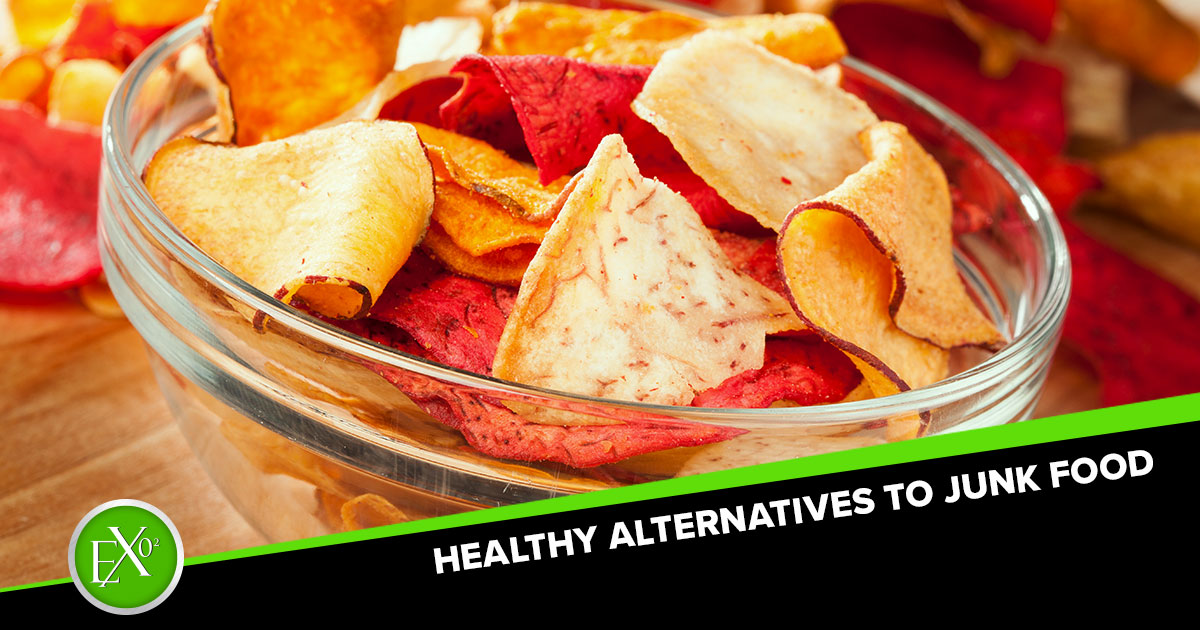Maintaining a healthy diet is essential for anyone embarking on a fitness journey. While junk food may be tempting, it often provides little nutritional value and can hinder your progress. Fortunately, there are numerous healthy alternatives that can satisfy your cravings while supporting your fitness goals.
It is important to note that the information provided in this article is for general educational purposes only and should not be considered a substitute for professional medical advice or personalized dietary guidance. Every individual has unique nutritional needs and health considerations that should be taken into account. If you have any specific concerns about your diet or fitness regimen, it is strongly recommended to consult with a qualified healthcare professional, such as a doctor or registered dietitian. They can provide you with tailored advice based on your individual circumstances, medical history, and goals.
The Role of Diet in Your Fitness Journey
When it comes to achieving your fitness goals, your diet plays a crucial role. What you consume directly impacts your progress, regardless of whether you want to lose weight, build muscle, or improve overall health. By nourishing your body with a balanced diet, you provide it with the necessary nutrients, energy, and fuel to perform optimally. Making healthy choices not only maximizes your workout results but also contributes to long-term well-being.
Healthy Alternatives to Junk Food
Let’s explore some delicious alternatives to junk food that can keep you on track with your fitness goals:
Fresh Fruits and Vegetables:
Instead of reaching for that bag of chips, opt for a colorful assortment of fresh fruits and vegetables. These natural wonders are packed with essential vitamins, minerals, and antioxidants that support your overall health. Snacking on sliced apples, carrot sticks, or berries provides a refreshing and nutritious treat.
Homemade Smoothies:
Instead of indulging in milkshakes or sugary drinks, why not make your own healthy smoothies? Blend together a variety of fruits, vegetables, and a protein source like Greek yogurt or almond butter. This combination provides a satisfying and nutrient-packed beverage that fuels your body.
Whole Grains:
Swap refined carbohydrates like white bread, pasta, and rice for their whole grain counterparts. Whole grains offer fiber, B-vitamins, and minerals that promote better digestion and sustained energy levels. Incorporate options like whole wheat bread, brown rice, and quinoa into your meals.
Nuts and Seeds:
When craving something crunchy, opt for a handful of nuts or seeds instead of greasy potato chips. Almonds, walnuts, pumpkin seeds, or sunflower seeds are excellent sources of healthy fats, protein, and essential nutrients. They make for a satisfying and nourishing snack.
Homemade Snacks:
Replace pre-packaged snacks with homemade alternatives. Create your own trail mix by combining a variety of nuts, seeds, and dried fruits. Bake vegetable chips seasoned with spices and olive oil for a crispy and guilt-free snack.
Trusted Sources for Nutritional Information
For further guidance on nutrition and healthy eating, you can refer to trusted sources such as the Centers for Disease Control and Prevention (CDC) and the U.S. Food and Drug Administration (FDA). The CDC’s website provides valuable resources on healthy eating and nutrition, available at www.cdc.gov/healthyweight/healthy_eating and www.cdc.gov/nutrition. The FDA’s website offers information on food labeling and nutrition at www.fda.gov/Food/LabelingNutrition, as well as details on dietary supplements at www.fda.gov/Food/DietarySupplements.
Incorporating these healthy alternatives into your diet can significantly contribute to your fitness journey. Making informed choices and seeking guidance from trusted sources will allow you to better nourish your body while achieving your fitness goals.



